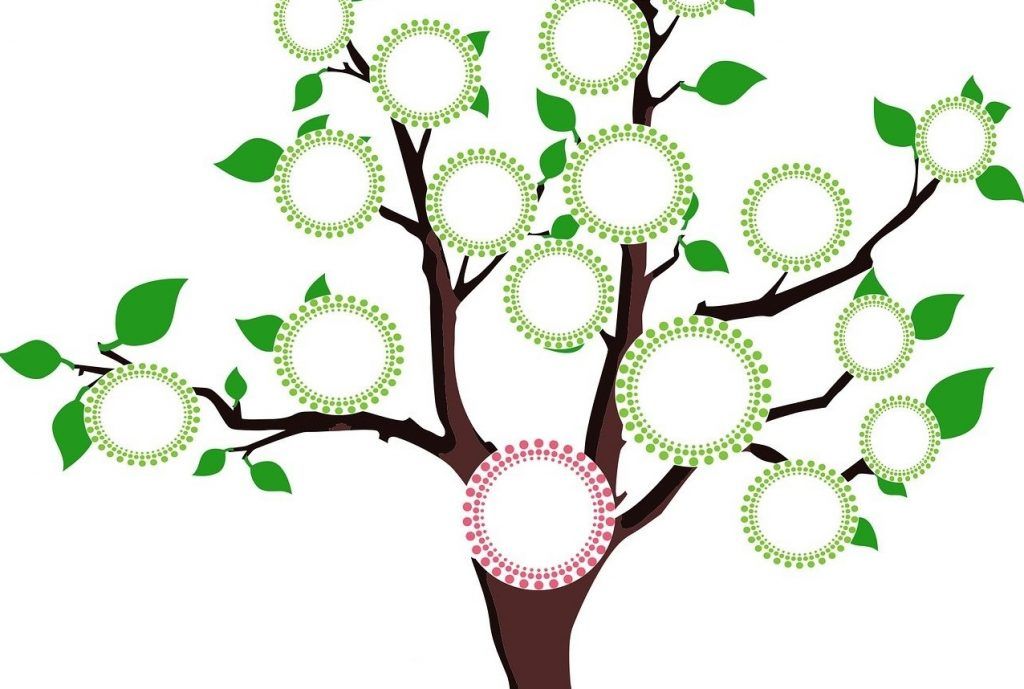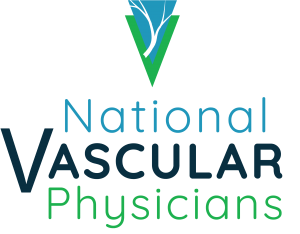
Five Signs of Venous Disease You Should Know
April 20, 2022
Do you have venous disease?
Venous disease is a type of blood disorder that occurs when small blood vessels in the legs become swollen with fluid and narrow. This causes them to develop clots. Over time, these clots can cause swelling in the veins, putting pressure on the veins’ valves and walls, and narrowing the veins.
The valves and walls of veins in the legs are designed to expand and contract. When the valves are stretched, they open and allow blood to flow out of the legs. When the valves are compressed, they close and prevent blood from flowing back into the veins. When venous disease develops, the valves can’t expand as much as they normally do, and the veins can’t contract as much as they normally do. This causes a build-up of fluid and blood pressure in the veins. Over time, the veins can become so narrowed that venous disease can cause symptoms such as pain and swelling in the lower legs.
The exact cause of venous disease is not known, but it is thought to be related to lifestyle factors, such as inactivity, obesity, and high blood pressure. The more risk factors you have for venous disease, the greater your chances of developing it. Here are five possible signs that you may be developing venous disease.
You have a family history of venous disease
If you have a family history of venous disease, you may be at risk for developing it as well. A family history of venous disease often suggests a genetic component to the disease, which is why it can be important to talk to us about your risk of developing venous disease.
You’re overweight
If you’re overweight, you may be at risk for venous disease. It’s thought that people who are overweight are more likely to have certain factors that can increase their risk of developing venous disease, including a sedentary lifestyle, smoking, and diabetes.
You have diabetes
If you have diabetes, you may be at risk for venous disease. It’s thought that the risk of developing venous disease is higher in people with diabetes because of their compromised system.
You have high blood pressure
High blood pressure is another factor that can increase your risk of developing venous disease. Since veins don’t compress as easily as they should, they develop clots more easily.
You have a smoking habit
It can’t be overstated enough: smoking is the single greatest risk factor for venous disease. According to the American Heart Association, the risk of developing venous disease increases by 10 times for every 15 cigarettes you smoke per day.
Connect with us
If you’re experiencing any of these symptoms, it’s important to connect with our doctors now. A blood test can determine whether you have venous disease and help you determine your risk for developing it. It can also tell you what lifestyle changes you can make to lower your risk of developing venous disease.



